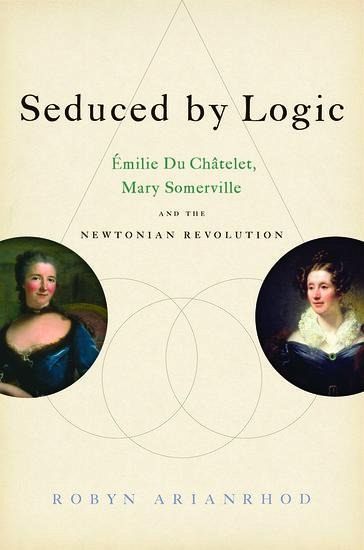
Seduced by Logic
Émilie Du Châtelet, Mary Somerville and the Newtonian Revolution

PAYBACK Punkte
43 °P sammeln!
This story of two remarkable women, à milie du Chà telet and Mary Somerville, whose lives were drawn together by their irresistible desire for mathematical knowledge, reveals the intimate links between the Newtonian revolution and the origins of intellectual and political liberty.












